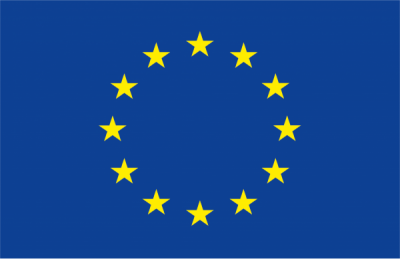
Great Success for 1st EMME-focused R&I Workshop
On 11 & 12 October, 2021 EMME-CARE hosted the 1st “Climate and Atmosphere Research & Innovation in the Eastern Mediterranean & Middle East (EMME)” Online Workshop.
Through two full days of sessions, talks, and activities the workshop brought together EMME regional and international scientific communities to discuss the latest concerning the science of climate change and air pollution, as well as related challenges, impacts and potential solutions for the EMME region.
The Workshop’s welcoming address was given by Prof Jean Sciare, Director of CARE-C and Coordinator of EMME-CARE. The event included an exciting program, reporting the latest concerning the science of climate change and air pollution in the form of 7 invited talks and a selection of 38 oral and 21 virtual PICO presentations on recent relevant advances in the field. Presenters came from universities, research institutions and private companies from across the EMME and beyond. Details of the programme are accessible here.
The Workshop brought together over 250 participants from 36 countries, including 12 countries of the EMME region, and created a unique platform for networking and knowledge-exchange between key contacts from academia, private companies, the public sector and NGOs.
The workshop marked the 1st of a series of annual online workshops on Climate and Atmosphere Research & Innovation in the EMME.
About the Organizers
The workshop was organized by the Eastern Mediterranean and Middle East Climate and Atmosphere Research Center (EMME-CARE), within the framework of the 2nd International Conference “Climate Change in the Eastern Mediterranean & Middle East”. The EMME-CARE project established a regional Centre of Excellence (CoE) for climate and atmosphere research in EMME region, which has been identified as a global climate change “hot spot”. Based at the Cyprus Institute, EMME-CARE is supported by Advanced Partners: the Max Planck Institute for Chemistry (MPIC) in Germany, the French Alternative Energies and Atomic Energy Commission (CEA) and the University of Helsinki (UHEL).



